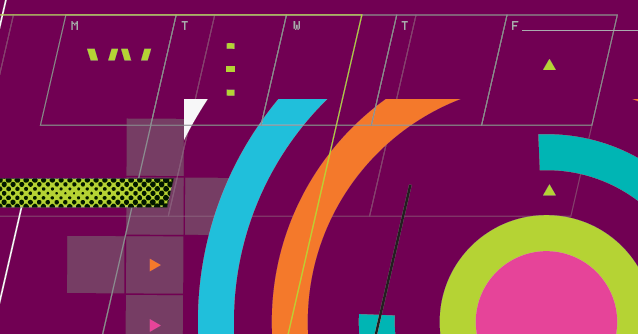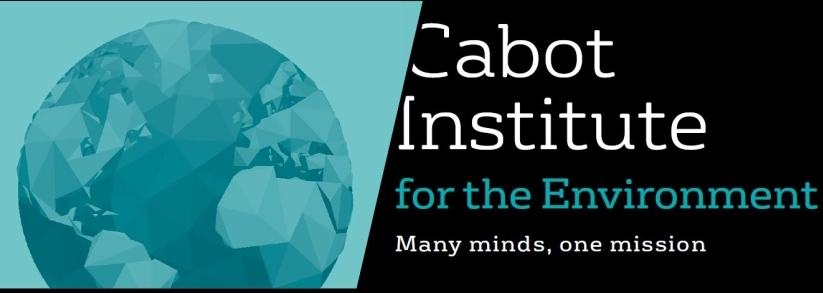An interactive visualisation of climate model data across time and space.
3D visualisation |
testing & deployment |
D3.js graphs |
Sebastian Steinig
Michael Chin
Zak Duggan
Patrick Lee
Jakub Navratil
Ikenna Offokansi
Matthew Swann
This project is heavily inspired by and would not have been possible without previous work. I am particularly grateful to the following people and projects for sharing their ideas and/or code:
inspiration for the project |
time interpolation on the GPU |
moving particles on the GPU |
geologic timescale |
UW-Macrostrat/geo-timescale by UW-Madison Macrostrat, updated by Jules Blom and distributed under the MIT license
3D engine |
charts |
warming stripes |
warming stripes in D3.js |
by xadilzeshan¥ distributed under the MIT license
layout |
animations |
icons |
3D vegetation models are all licensed under the Creative Commons Attribution. They include "Polygon Tree Pack" by StreakByte, "Bush" by Artbake Graphics and "Low Poly Grass" by RM_Way. Land surface textures are created from "Blue Marble: Next Generation" images by NASA’s Earth Observatory.
The surface desert texture for the Dune planet Arrakis was made by d3cline and is shared under the Creative Commons Attribution-Share Alike 3.0 License. The smooth sand dunes texture by the 3rdSequence is licensed under a Creative Commons Attribution 4.0 International License. Additional royalty-free rocky terrain textures 'Age of the Canyon' and 'Martian Range' are used from Spiral Graphics.
The Wheel of Time world map was created in Wonderdraft by Sebastian Steinig based on previous maps by Adam Whitehead and TheGreatBlight.com
Climate model data shown on this site can be accessed either from the referenced publications or by contacting the linked author.
Phanerozoic model data |
description in Valdes et al. (2021)
access via BRIDGE group at the University of Bristol
Paleogeographies |
Dune simulation |
article in The Conversation
access via Alex Farnsworth at the University of Bristol
Wheel of Time simulation |
article in The Conversation
access via Emily Ball at the University of Bristol
Next Million Years Emulator |
study report at Svensk Kärnbränslehantering AB
led by Natalie Lord and Dan Lunt from the University of Bristol
Initial seed corn funding for the project has been provided by the Jean Golding Institute for data science and data-intensive research at the University of Bristol.
The COP26 visulisation of CMIP6 future projections was funded by the Cabot Institute for the Environment and the School of Geographical Sciences.


